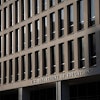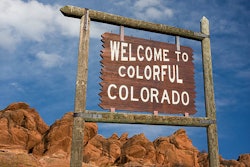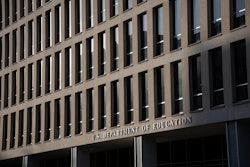Scott Beardsley first heard the term “nontraditional leader” several years ago when he tried to make the jump from being director of a management consulting firm to president of an Ivy League college.
“I was told that you’re a nontraditional leader and that’s complicated,” Beardsley recalled being told by an executive search firm as tried to become president of Dartmouth College back in 2012 and 2013.
“I said, ‘What’s that mean? What’s that word you’re calling me?’” recounted Beardsley, who is now dean and Charles C. Abbott Professor of Business Administration at University of Virginia Darden School of Business.
“I started getting different answers to the question, so I got really curious as to what this whole debate was about –a nontraditional or traditional leader,” Beardsley said. “So I decided to explore it deeper.”
That deeper exploration led to a dissertation that ultimately culminated in a new book being released Wednesday titled Higher Calling: The Rise of Nontraditional Leaders in Academia.
Among other things, the book — published by the University of Virginia Press — seeks to quantify just how many of today’s college presidents are considered nontraditional and what that means for some of the most essential aspects of higher education, such as fund-raising and enrollment.
Beardsley said the first thing he learned in doing his research is that not everyone agrees on what makes a college president traditional or nontraditional.















